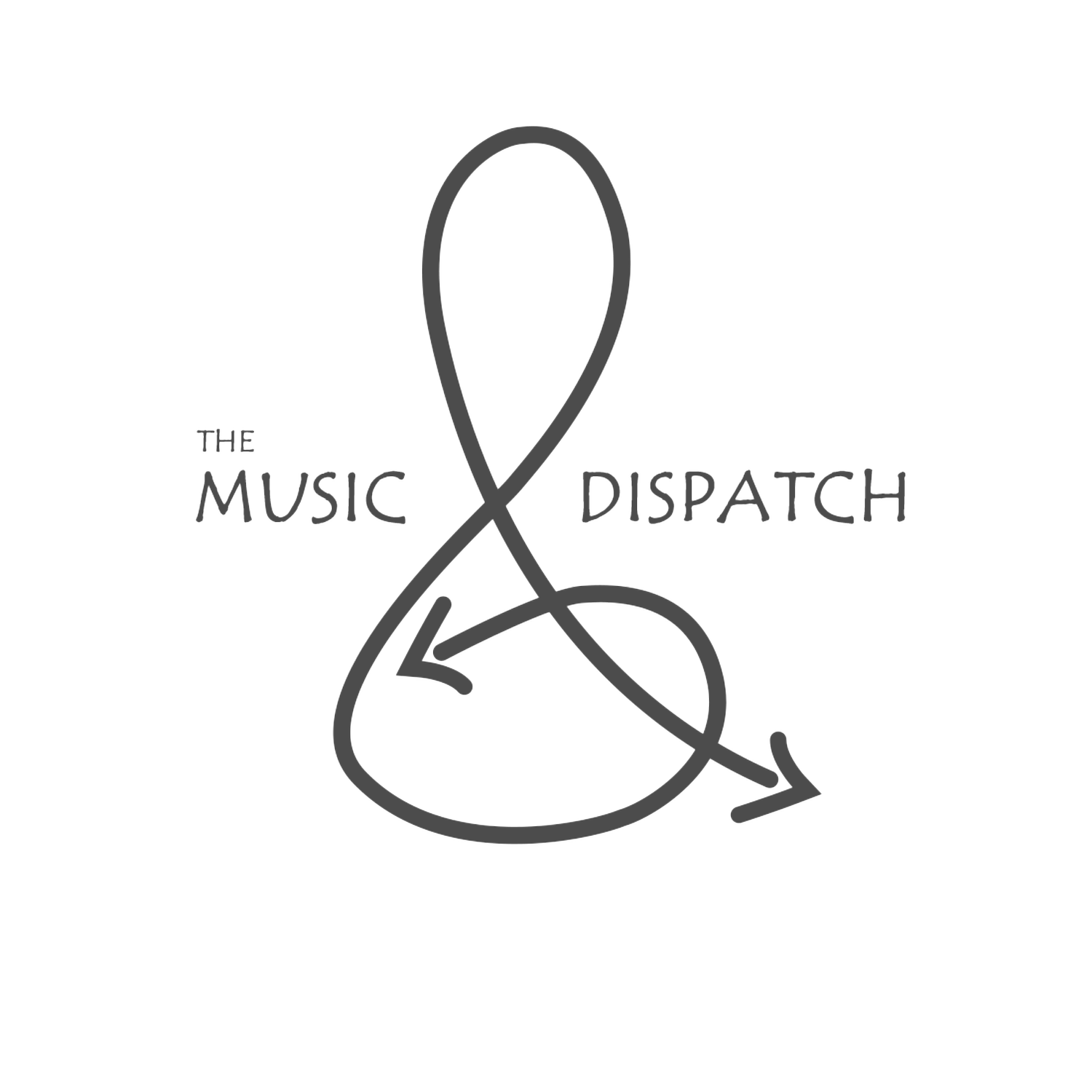I am thrilled to announce that I will be offering “Porch Wednesdays”! This is a brand new pandemic option, where students can come learn IN PERSON on my huge porch in Mt. Airy, for as long as the weather is mild enough. I am hoping we can go through October. I know it’s a trek for some of my Center City families, but I can imagine that this will be an attractive option for some, and it’s certainly an irresistible option for me.
So, how will we make this safe? I am not an epidemiologist, and I cannot guarantee hospital-level safety (maybe we all need to sign a waiver?)… but here are my plans:
I will have two keyboards set up, one for me and one for the student, more than 6 feet apart.
I will disinfect the student’s keyboard and chair in between each person’s lesson.
Masks (worn properly) will be required, except in the case of voice students. The voice student may sing without one, but I will keep mine on, and we will increase the distance between us.
Guardians and family members may stroll around my huge yard, swing on the hammocks (wow, I really need to get some waivers! who knew!), look for cool bugs, check out the veggie garden, or lounge on outdoor furniture. Feel free to bring your own lawn chair, or a picnic blanket, if you’re more comfortable with only touching your own items. Also, feel free to stay in the car or on the block. I will ask guardians to stay within a block, unless the student’s lesson is 45 minutes or longer.
This is going to be on a trial basis, and I am open to suggestions and ideas, and open to changing things around as we see how this arrangement is working.
I CANNOT WAIT TO PLAY DUETS AGAIN!!!!
If you want to do Porch Wednesdays as your normal weekly lesson, please let me know ASAP-I am filling those spaces first. If anyone else wants to do it every once in a while, as a way to mix things up, I am definitely excited for that too. We could even plan an extra long one, to make your drive a little more “worth it”. Remember to let me know at least 24 hours before your normal lesson time if you’d like to switch to “Porch Wednesday” for that week.
Lots of space- lots of breeze!


